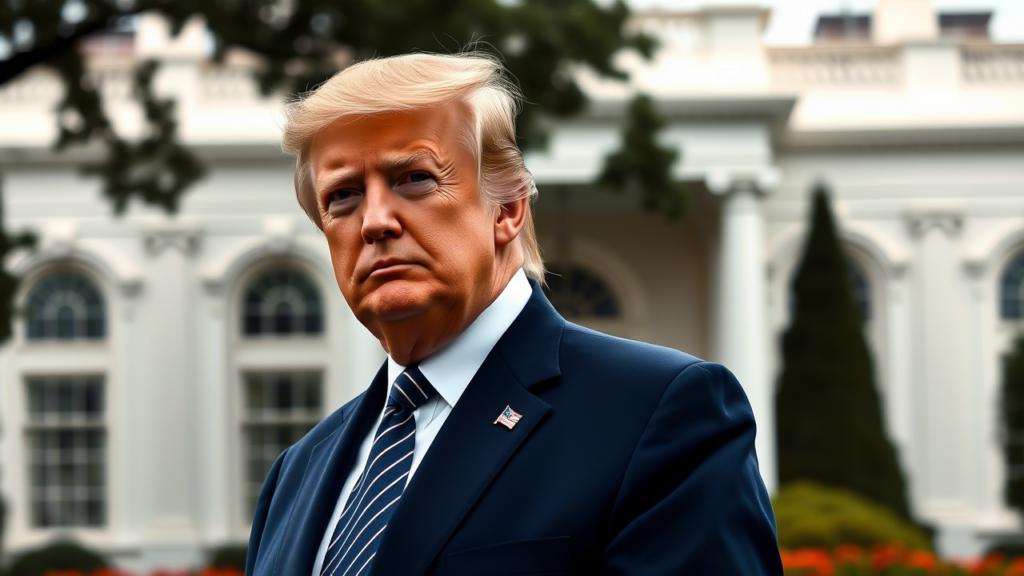Three major Chinese Bitcoin hardware makers, Bitmain, Canaan, and MicroBT, have repоrtedly begun setting up production hubs in the U.S., a shift influenced by President Donald Trump’s tariff push.
As America’s $38 billion crypto mining sector has remained heavily reliant on Chinese equipment, the companies’ move signals a strategic response to rising trade pressures and a changing global mining landscape.
China’s leading Bitcoin hardware firms collectively dominate more than 90% of the global mining rig market, serving as the primary manufacturers of the Application-Specific Integrated Circuit (ASIC) machines that power the Bitcoin network’s core infrastructure. These companies play a central role in producing the specialized hardware that keeps the world’s most valuable cryptocurrency running.
Reuters reported that Chinese Bitcoin mining firms are setting up operations in the U.S. to avoid potential tariffs imposed by President Trump. Meanwhile, critics express concerns over Chinese participation in sensitive industries, including semiconductor production and energy infrastructure, citing potential security risks.
Related: Industry Celebrates the New $70M Domain Mogul But His Crypto Shadows Linger
Guang Yang, CTO of crypto tech firm Conflux Network, said the issue goes well beyond mere trade tariffs. “The U.S.-China trade conflict is shifting toward favoring ‘politically acceptable’ sources for hardware,” he explained.
Bitmain, the industry leader by revenue, kicked off U.S. mining equipment production in December, shortly after Trump’s election win.
Canaan started trial production in the U.S. on April 2 to sidestep tariffs announced by Trump. Meanwhile, MicroBT ranked third, confirmed it is “actively pursuing a localization strategy in the U.S.” to mitigate tariff impacts.
Related: Crypto Titans Bunker Down Now: Vitalik’s Austerity Vow, Binance $1B Bitcoin Shield
As these shifts unfold, the evolving landscape emphasizes the complex interplay between global politics and the rapidly growing crypto-mining industry. While relocating manufacturing may offer immediate relief from tariffs, it also spotlights the broader push for supply chain diversification and technological sovereignty.
How these developments will reshape the future of crypto mining in the U.S. remains to be seen, but what’s clear is that industry players and policymakers alike are navigating uncharted territory—balancing economic interests, security concerns, and innovation in a sector that’s become a critical part of the global digital economy.












